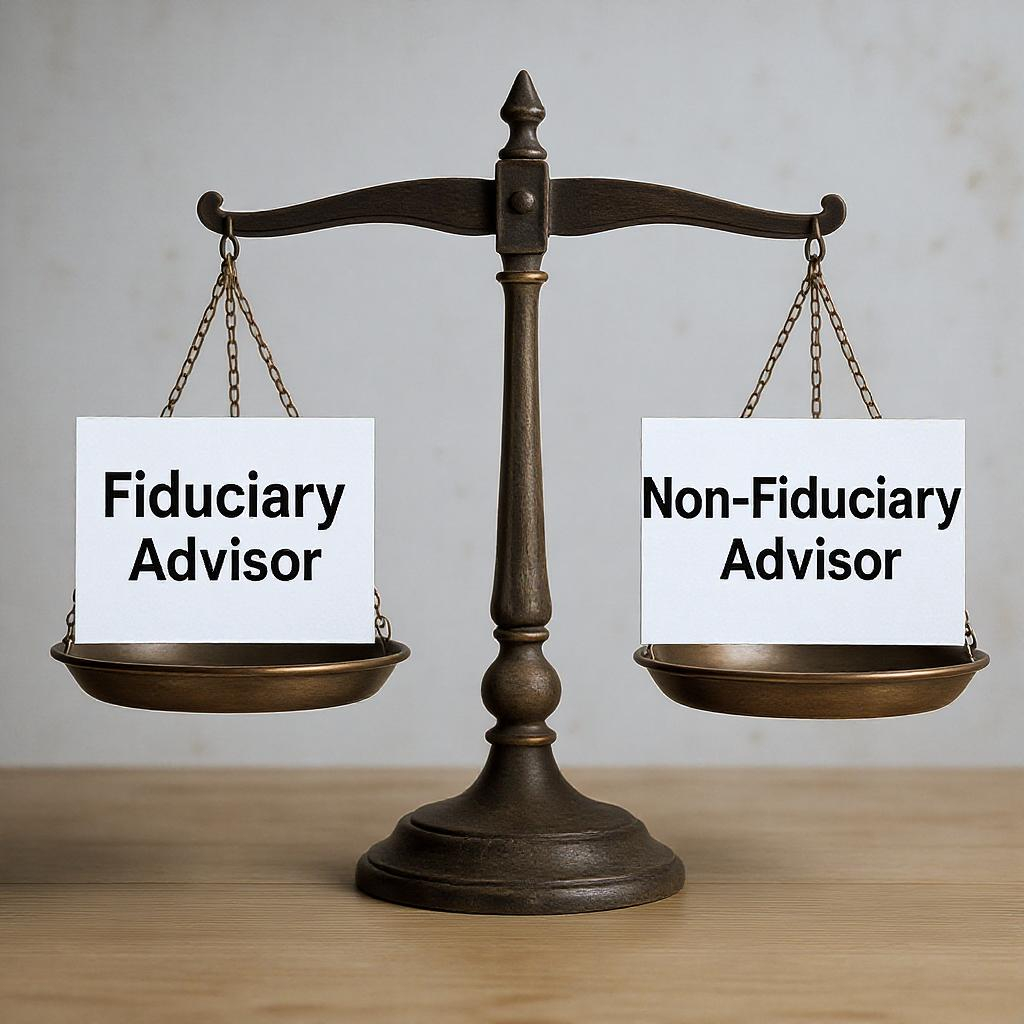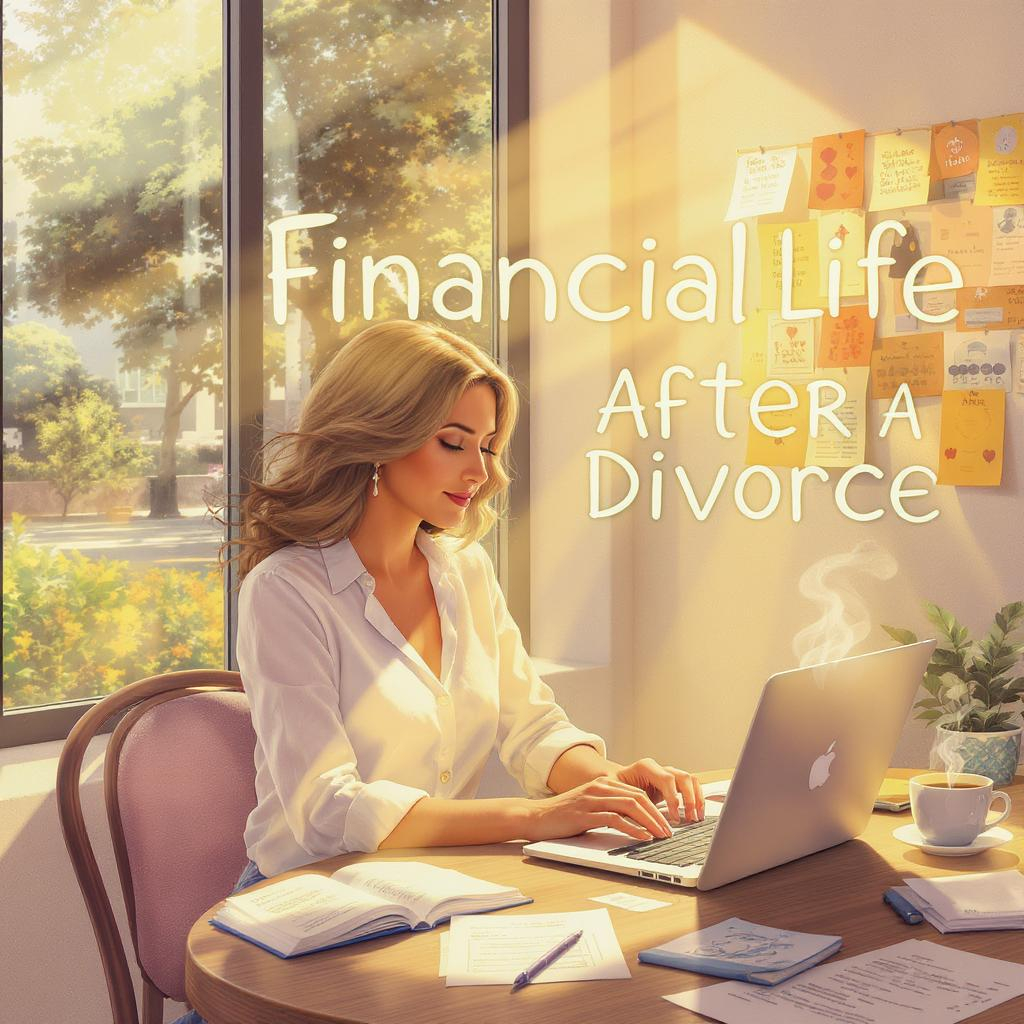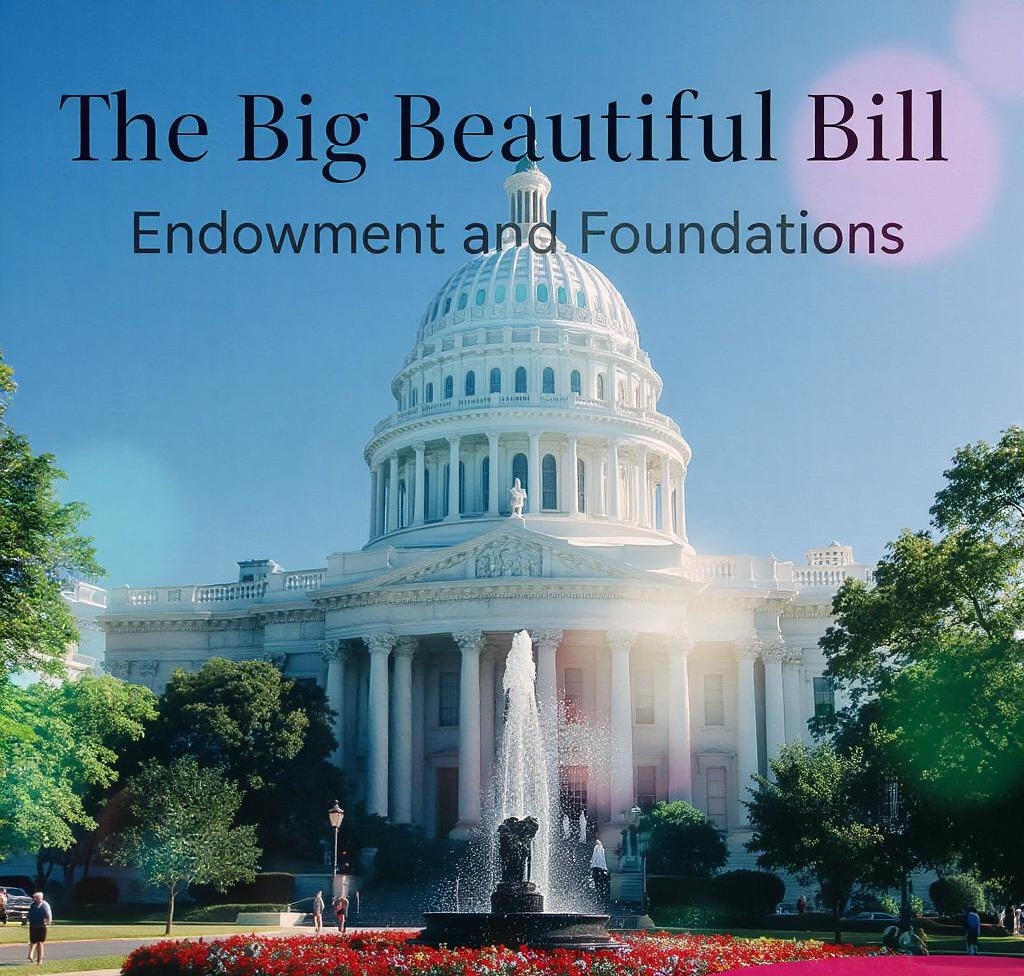For ultra-high-net-worth families, your private wealth management firm—the family office—is at the heart of your financial strategy. As direct investing and complex portfolio oversight become the norm, the demand for top-tier investment talent has never been greater. Yet, many family offices are finding that the hunt for a world-class, in-house investment analyst is a struggle.
It’s not just about competing with Wall Street salaries. The challenges are often structural, cultural, and economic. But what if the solution isn’t to compete for talent you can’t get, but to hire the experts you need?








